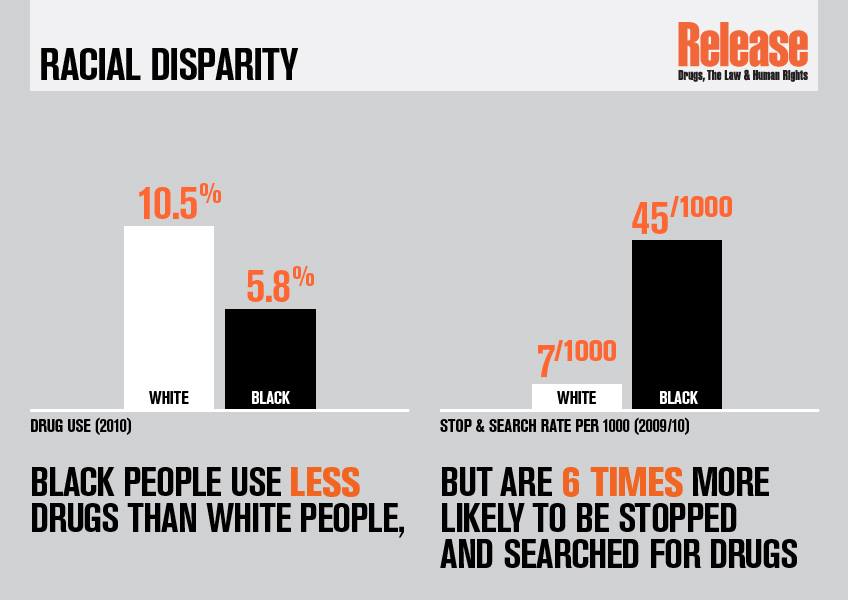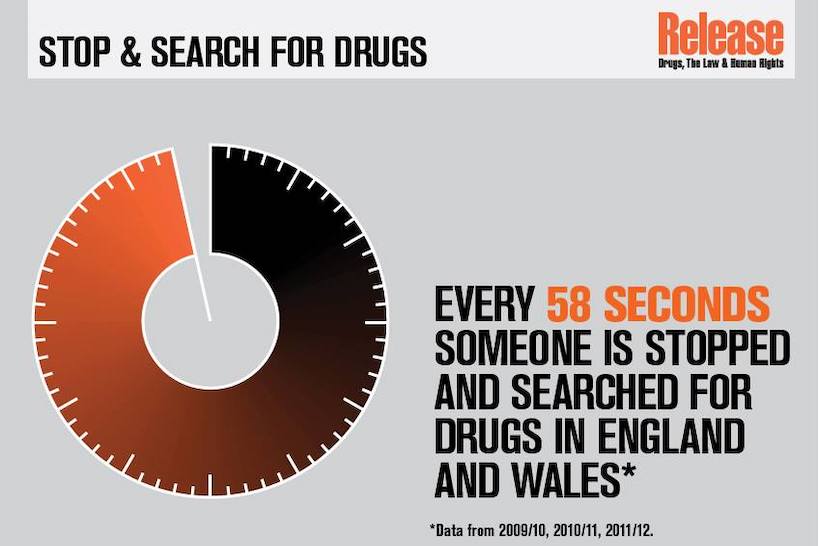By Charli Knights
Under Section 23 of The Misuse of Drugs Act 1971, the rather outdated and draconian statute that police are forced to govern in the UK they have the ability to stop, question and search you in the street. To do this they must follow a set of procedures – and they will do this if they suspect that you may have some plant matter by the name of cannabis in your possession.
It’s not uncommon for the police to stop and question someone on the street that they suspect as suspicious, they can question the person but if they believe that there is reasonable suspicion further investigation may be needed and this means they can carry out a full stop and search of your body. Recently in Crawley of West Sussex a young man who we will call Matthew was approached by two police officers while waiting for some friends ready for an evening out.
“There is a very strong smell of cannabis around here, Do you have anything on you you shouldn’t have….?
“No… I haven’t got anything, I am just waiting for a friend” Matthew, 25 nervously answered.
He was waiting for someone to join him before heading off to the pub. He’d been standing there for around 5 minutes and he could also smell the sweet, earthy aroma that was product of one thing, and one thing only.
The Police Officer looked quizzically at him, and then to the female officer waiting alongside the pavement.
“Well, I can’t be sure of that now can I? Doesn’t look good does it? Loitering about in the street. What have you been doing here?”
“Nothing officer, I haven’t done anything. I am just waiting to go to the pub with my mates”
“Mates? Thought you said you were waiting for one person?”
“I am waiting for one person here, but then we are going off to meet others… at the pub.”
“I can smell strong cannabis in the air, and I suspect it has been you smoking it, and so I am going to carry out a stop and search OK?”
“erm.. Yeah ok officer, no problem”
Thirty-five minutes later, Matthew arrived, handcuffed at his local police station to have a full body search carried out upon his person. He was arrested under the suspicion of possession of a class b drug under the misuse of drugs act.
This detainment should never have taken place. Matthew was not smoking cannabis, and he did not have any on his person. After a full cavity search was carried out at the station, they put him into a holding cell for around an hour before releasing him without charge – because they couldn’t find anything, because there was nothing to find!
This is approximately 3 hours of Matthew’s life in which he will never get back, and though he was not officially charged with anything, the serious violation and humiliation he was put through is not something he will forget, and all over a smell in the air, and Matthew not knowing what you do and do NOT have to tell the Police when they question you.
Let’s be honest if you can smell cannabis in the air the likelihood that it is going to be concealed up the anus of the person in suspect is pretty slim – don’t you think?
When speaking to Police Officers, the general first rule of thumb is Don’t.
You do not have to tell the Police who you are, where you live or show them any identification should they ask for it. Matthew was lured into conversation with the officer, because he was instantly made to feel guilty. It is human nature when we are accused, or we suspect we are being accused of something to defend ourselves. The Police constantly use this trick to their advantage.
They say things that will make you want to defend your actions, after all – You are doing nothing wrong! It still is not worth letting yourself give away any information to the police which is not required of you.
There is a saying – How does a fish get caught? He opens his mouth…. The more information you give to the Police, the more information they have to try and use against you. When the officer approached Matthew, and asked him if he had anything he shouldn’t have, the correct response would have been –
“Am I obliged to answer that question?”
If the officer tells you that you are in fact obliged to answer that question, ask them under what law is that required, and what is the wording of that law? In order to hold you accountable for a crime, a police officer must know the law he is holding you against, and know the exact wording of that law.
A good police officer will have absolutely no problem with you asking them this, and will be more than happy to explain to you what the law is and why they are holding you under it. If a police officer cannot tell you the wording of the law, or tell you they don’t need to know it, then follow this procedure.
“Are you charging me? Am I being detained? Am I free to go? I am leaving now” – Don’t pause between questions, say it to the officer attentively, and then walk away. Again, if they tell you that you are being charged, ask them for the wording of the law that they are holding you under.
If you are female there needs to be a female officer present there for you to be able to have a search, it cannot be carried out by a male police officer.
Stop & Search Causes Unnecessary Inequality
Over zealous use of stop and account, and stop and searches have lead to civil unrest in some areas of the country in recent years. The London riots of summer 2011 were largely caused by the hugely disproportionate rates of stop and searches being carried out on young black men in certain London boroughs such as Croydon. One teen said he was stop and searched four times in one morning in the weeks leading up to the riots and had been searched over 20 times that month – the worst thing about this is he has never used cannabis or another drug.
Figures from Release the human rights and drug charity show that despite while people being more likely to use drugs more often black people are profiled by the police more, stop and searched more, prosecuted and charged more than white people.

Please arm yourselves with the necessary and best available knowledge and advice on Police Stop and Search proceedures by visiting Release and printing off a copy of their Y-Card.
Don’t forget to check out Crawley Cannabis Club on Facebook and find your nearest Cannabis Social Club to get involved and help stop the injustice.





Comments (2)